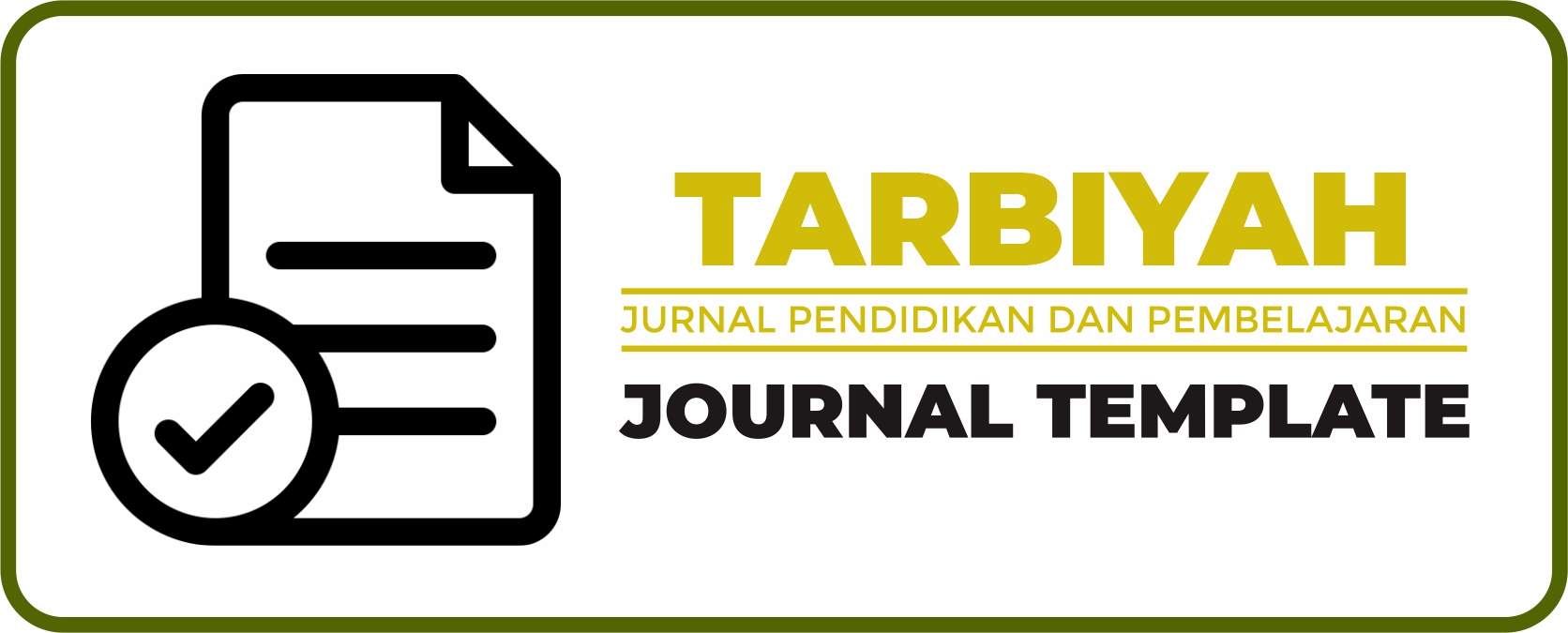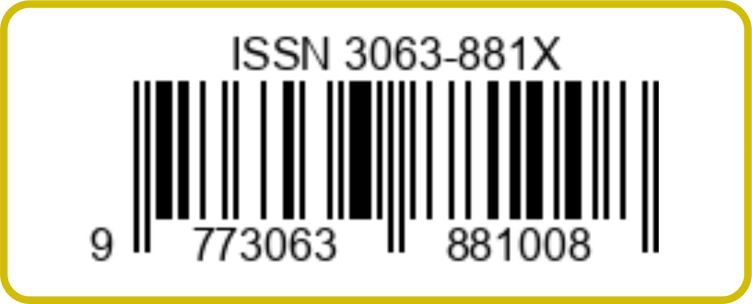Persepsi Mahasiswa terhadap Pembatasan Penggunaan Smartphone di Asrama
Students' Perception of Smartphone Usage Restrictions in Dormitory
Keywords:
perception, students, smartphone, STIBA MakassarAbstract
This study aims to measure students' perceptions of the smartphone usage restriction policy implemented by the campus. The research employs a quantitative approach with a survey method and is analyzed using descriptive statistical techniques. The findings indicate that the majority of students hold a positive view of the policy, with most respondents agreeing that it helps them maintain discipline, stay focused on their studies, reduce time spent on less productive activities such as gaming and social media, and enhance their interaction with the campus environment. The policy is also considered effective in supporting better character development among students. The implications of these findings suggest that smartphone usage restrictions can be an effective tool for improving the quality of education and character formation in higher education settings.
Downloads
References
Andromeda, N., & Kristant, E. P. (2017). Hubungan antara loneliness dan perceived social support dan intensitas penggunaan social media pada mahasiswa. PSikovidya, 21(2).
Bungin, B. (2013). Metodologi Penelitian Kuantitatif. Jakarta: Kencana Prenada Media Group.
Creswell, J. W., & Creswell, J. D. (2017). Research Design Qualitative, Quantitative, and Mixed Methods Approaches (5th ed.). New York, NY: SAGE Publications, Inc. Retrieved from http://www.ceil-conicet.gov.ar/wp-content/uploads/2015/10/Creswell-Cap-10.pdf.
Daeng, I. T. M., Mewengkang, N. N., & Kalesaran, E. R. (2017). Penggunaan Smartphone Dalam Menunjang Aktivitas Perkuliahan Oleh Mahasiswa Fispol Unsrat Manado. E-Journal Acta Diurna, 1(7).
Fadillah, H., Masita, M., Ningsih, S. R., Alfieridho, A., Ramadhan, A. H., Al-Fatih, M., … Yontino, M. (2023). Dampak Penggunaan Android Terhadap Aktivitas Pembelajaran Pada Mahasiswa Manajemen Pendidikan Islam Universitas Islam Negeri Sumatera Utara. Jurnal Kajian Dan Penelitian Umum, 1(6), 310–319.
Ghozali, I. (2006). Aplikasi analisis multivariate dengan program SPSS. Badan Penerbit Universitas Diponegoro. Retrieved from https://www.researchgate.net/publication/289671928_Aplikasi_Analisis_Multivariate_Dengan_Program_IBM_SPSS_21_Update_PLS_Regresi.
Ginting, F. P. P., Masril, M., & Andyna, C. (2024). Penguatan Wawasan Kebangsaan Generasi Muda dalam Keluarga di Era Komunikasi Digital. ASIA-PACIFIC JOURNAL OF PUBLIC POLICY, 10(1), 19–26.
Hamdi, M., & Ismaryati, S. (2019). Materi Pokok Metodologi Penelitian Administrasi; 1-12; MAPU5103/4 SKS. Tangerang Selatan: Universitas Terbuka.
Hapiyansyah, M. (2023). Dampak Negatif Permainan Game Online Terhadap Remaja. Prosiding Sains Dan Teknologi, 2(1), 103–108.
Heryawan, S. (2024). Peran Musyrif Dalam Meningkatkan Kedisiplinan Belajar Mahasiswa Kader Di Asrama Unggulan K.H. Abu Dardiri Universitas Muhammadiyah Purwokerto. Geneologi PAI: Jurnal Pendidikan Agama Islam, 11(1), 113–125.
Downloads
Published
How to Cite
Issue
Section
License
Copyright (c) 2024 Khaerul Aqbar, Azwar Azwar, Dewi Indriani, Awal Rifai, Mutahharah Mutahharah

This work is licensed under a Creative Commons Attribution-NonCommercial-ShareAlike 4.0 International License.
Most read articles by the same author(s)
- Saharuddin Saharuddin, Azwar Azwar, Pengaruh Penerapan Metode Menulis Berantai terhadap Peningkatan Kemampuan Menulis Karangan Siswa SDN Mannuruki Kota Makassar , TARBIYAH: Jurnal Pendidikan dan Pembelajaran : Vol. 1 No. 1 (2024): TARBIYAH: Jurnal Pendidikan dan Pembelajaran
- Achmat Subekan, Azwar Azwar, Analisis Dampak Pembelajaran Nilai Dasar Perdamaian dalam Pembentukan Sikap Hidup Damai , TARBIYAH: Jurnal Pendidikan dan Pembelajaran : Vol. 1 No. 1 (2024): TARBIYAH: Jurnal Pendidikan dan Pembelajaran
- Andi Wawan Mulyawan, Azwar Azwar, Implementasi Model Evaluasi Kirkpatrick pada Pelatihan Jarak Jauh Penyuluh Perpajakan , TARBIYAH: Jurnal Pendidikan dan Pembelajaran : Vol. 1 No. 2 (2024): TARBIYAH: Jurnal Pendidikan dan Pembelajaran
- Azwar Azwar, Abur Hamdi Usman, Mengembalikan Kesejatian Peran Orang Tua dalam Pendidikan Anak: Sebuah Tinjauan Konseptual , TARBIYAH: Jurnal Pendidikan dan Pembelajaran : Vol. 2 No. 1 (2025): TARBIYAH: Jurnal Pendidikan dan Pembelajaran









